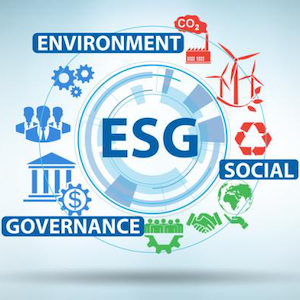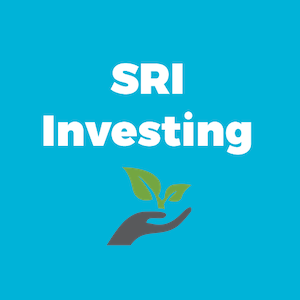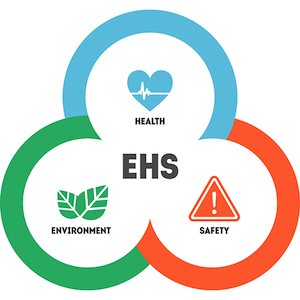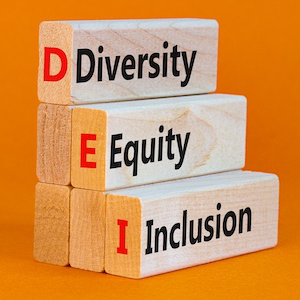Types of Sustainable Investing Defined
|
The most common type of sustainable investing is ESG investing. ESG stands for Environmental, Social, and Governance. Investors are increasingly applying these non-financial factors as part of their analysis process to identify material risks and growth opportunities. ESG metrics are not commonly part of mandatory financial reporting, though companies are increasingly making disclosures in their annual report or in a standalone sustainability report.
ESG looks at the company's environmental, social and governance practices, alongside more traditional financial measures. An example of an ESG investment might be buying stock in a technology company that converts one of its data centers to use renewable energy, resulting in cost benefits as well as a positive effect on the environment. |
|
Another popular type of sustainable investing is socially responsible investing (SRI). SRI involves actively removing or choosing investments based on specific ethical guidelines.
SRI entails screening investments to exclude businesses that conflict with the investor's values. SRI exclusions include fossil fuel producers and firearms manufacturers so that SRI avoids investing in any stocks that generated profits through alcohol, tobacco, weapons, or gambling. Note that ESG investing grew out of SRI. But ESG looks at finding value in companies, not just at supporting a set of values. |
|
Impact investing pays more attention to the actual project or a program that have a more direct impact to benefit society. It is characterized by a direct connection between values-based priorities and the use of investors' capital. These funds not only report on financial performance, but they also try to generate and quantify a positive social impact.
Impact investors are often able to deploy funds in service of causes that are not directly addressed by the public financial markets, such as community development and poverty alleviation. These funds also tend to have more influence on the execution and management of portfolio companies. |
|
EHS stands for Environment, Health, and Safety. It's a general term used to refer to laws, rules, regulations, professions, programs, and workplace efforts to protect the health and safety of employees and the public as well as the environment from hazards associated with the workplace.
Although EHS is a common way to abbreviate this, you'll also see HSE or other versions.
|
|
Diversity, equity and inclusion (DEI) is a term used to describe policies and programs that promote the representation and participation of different groups of individuals, including people of different ages, races and ethnicities, abilities and disabilities, genders, religions, cultures and sexual orientations. This also covers people with diverse backgrounds, experiences, skills and expertise.
DEI is an expansion of the term “diversity and inclusion” (D&I) to reflect the growing focus on equity in organizations. DEI is not just a “feel-good” initiative. Research has found that having diverse viewpoints at all levels of an organization improves financial results, organizational and team performance, innovation and other areas of the business. |





